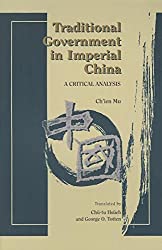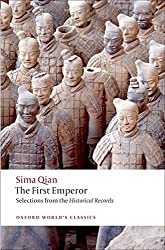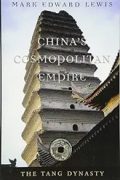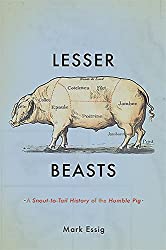
Rating: 7.8/10.
Book about how the government and its institutions functioned during several ancient Chinese regimes: the Han, Tang, Song, Ming, and Qing dynasties. The author Ch’ien Mu (钱穆) was born at the end of the Qing dynasty and is considered one of the greatest Chinese historian / philosophers of the 20th century; this book was written in 1950. In each dynasty, the book considers how the power was balanced, taxation, how government officials were selected, military service, etc.
Ch’ien Mu considers the Han and Tang dynasties the peak of Chinese civilization. He defends the dynastic system, which consists of an emperor whose title is passed down generation by generation, and a court of officials selected through a competitive civil examination process. The two branches keep a balance of power, as there is no individual with unlimited power, there’s no tyranny of absolute monarchy. Democracy is not an option anyways, given the vastness of the Chinese empire.
Several recurring problems threatened the stability of various dynasties. First, the emperor might not be a good personality fit for his administrative duties, which is likely to happen given enough time. Second, tax collection depended on the government having accurate records of how much everyone owned, and these records tended to become outdated. Multiple times, peasant rebellions were caused by unintentionally high tax burdens that were impossible to pay.
The author’s opinion of each successive dynasty is worse than the previous one, basically everything goes downhill after the Tang. The Song dynasty inherited the government institutions of the Tang, but they followed the letter of the law and not the spirit. They were missing certain intangible guidelines that kept things going smoothly, so systems broke down. The Ming dynasty was worse: the emperor had too much responsibility and the government frequently deadlocked (Ray Huang’s book covers this period in detail). In the Qing dynasty, the ruling Manchus modified the institutions for their selfish benefit, oppressing the Chinese.
Ch’ien Mu’s opinions are clearly biased and must be taken with a grain of salt (especially the criticisms of the later dynasties). His evaluation of the Qing dynasty is excessively harsh and not shared by most historians today, for example, he doesn’t give any credit to the Kangxi emperor’s accomplishments. Still, it’s interesting to hear the events of Chinese history as seen through the eyes of a Confucian scholar.



